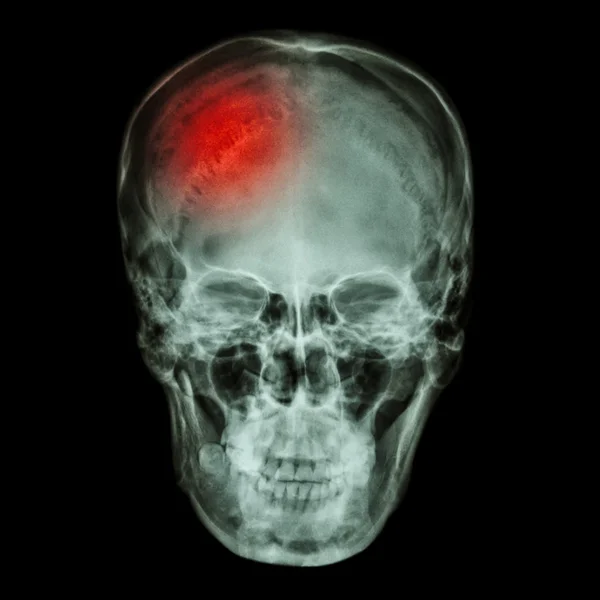
HEAD AND NECK CANCERS
Tobacco (both cigarettes and chewing tobacco) alcohol especially
when used together. industrial toxins (e.g., wood dust, paint fumes), dietary factors, human papillomavirus, Epstein-Barr virus, gastroesophageal reflux disease (GERD), asbestos exposure
and radiation. Certain ethnic groups (particularly Chinese) are
more vulnerable, as are those from Southeast Asia who chew
betel nut, and South Americans who drink mate, a beverage
similar to tea.
THYROID & PARATHYROID DISORDERS
They are extremely common in both adults and children, occurring
in nearly 50% of the population
What Are The Common Causes Of Thyroid Nodules?
- Autoimmune disorders
- Iodine deficiency
- Thyroiditis (inflammation of the thyroid)
- Pregnancy
- Thyroid cancer


SKULL BASE TUMORS
These tumors are usually not “brain tumors” but may be tumors from the coverings of the brain (meningiomas) or tumors of the covering of nerves (schwannomas) among others.
SALIVARY GLAND DISORDERS
Neurological Disorders
- Cerebral palsy (CP)
- Parkinson’s disease
- Stroke patients
- Amyotrophic lateral sclerosis (ALS)
- Multiple sclerosis (MS)
Temporary or transient drooling can accompany the following conditions:
- GERD
- Oral infections
- Tonsil abscess
- Strep throat
- Tonsillitis
- Medication side effects

Frequently Asked Questions (FAQ’s)
What are common head and neck conditions, and why should you pay attention to them?
Head and neck conditions include a variety of issues affecting your throat, voice, lymph nodes, salivary glands, and surrounding tissues. Common problems may involve:
Persistent lumps or swelling
Pain or stiffness in the neck
Difficulty swallowing or breathing
Unexplained weight loss or fatigue
Early detection and evaluation are crucial because some conditions, if untreated, can lead to serious complications or indicate more severe underlying health issues.
How can your ENT team provide a different approach to head and neck care?
Our specialists take a comprehensive, personalized approach:
Detailed examination and medical history review
Advanced imaging and diagnostic tools to identify the exact cause
Tailored treatment plans including medications, minimally invasive procedures, or surgery if needed
Education on lifestyle and preventive measures to reduce recurrence
You receive care focused not only on treating the condition but also on maintaining long-term head and neck health.
What signs indicate that a head or neck issue requires urgent attention?
Watch for warning signs such as:
Rapidly growing lumps or swelling
Persistent pain that doesn’t improve
Difficulty breathing or swallowing
Unexplained changes in voice or speech
Prompt evaluation helps prevent complications and ensures timely, effective treatment.
What treatment options are available for head and neck conditions?
Treatment depends on the type and severity of your condition:
Medications: For infections, inflammation, or pain management
Minimally invasive procedures: To drain cysts or remove benign growths
Surgical interventions: For larger tumors, persistent issues, or structural corrections
Your ENT specialist will recommend the safest, most effective option tailored to your needs.
Can head and neck conditions affect different age groups differently?
Yes. Children may experience congenital issues, frequent infections, or reactive lymph nodes, while adults may develop chronic inflammation, growths, or age-related structural problems. Our team considers age-specific factors to ensure accurate diagnosis and effective treatment for everyone.
What are the potential complications if head and neck issues are untreated?
Untreated conditions can lead to:
Persistent pain or swelling
Difficulty swallowing, speaking, or breathing
Chronic infections or recurrent problems
Rarely, progression to malignant conditions
Early evaluation is key to avoiding long-term health impacts.
How can you manage minor head and neck issues at home?
You can complement professional care with supportive strategies:
Maintain good hydration and nutrition
Practice gentle neck stretches if recommended
Avoid irritants such as smoking
Monitor symptoms and note any changes for your ENT consultation
These measures help reduce discomfort and support faster recovery.
When should you schedule a consultation for head and neck concerns?
Seek medical attention if you notice:
Persistent lumps or swelling
Difficulty swallowing, speaking, or breathing
Unexplained pain or discomfort
Any symptom that doesn’t resolve with basic home care
Timely evaluation ensures proper diagnosis and treatment, preventing complications.
